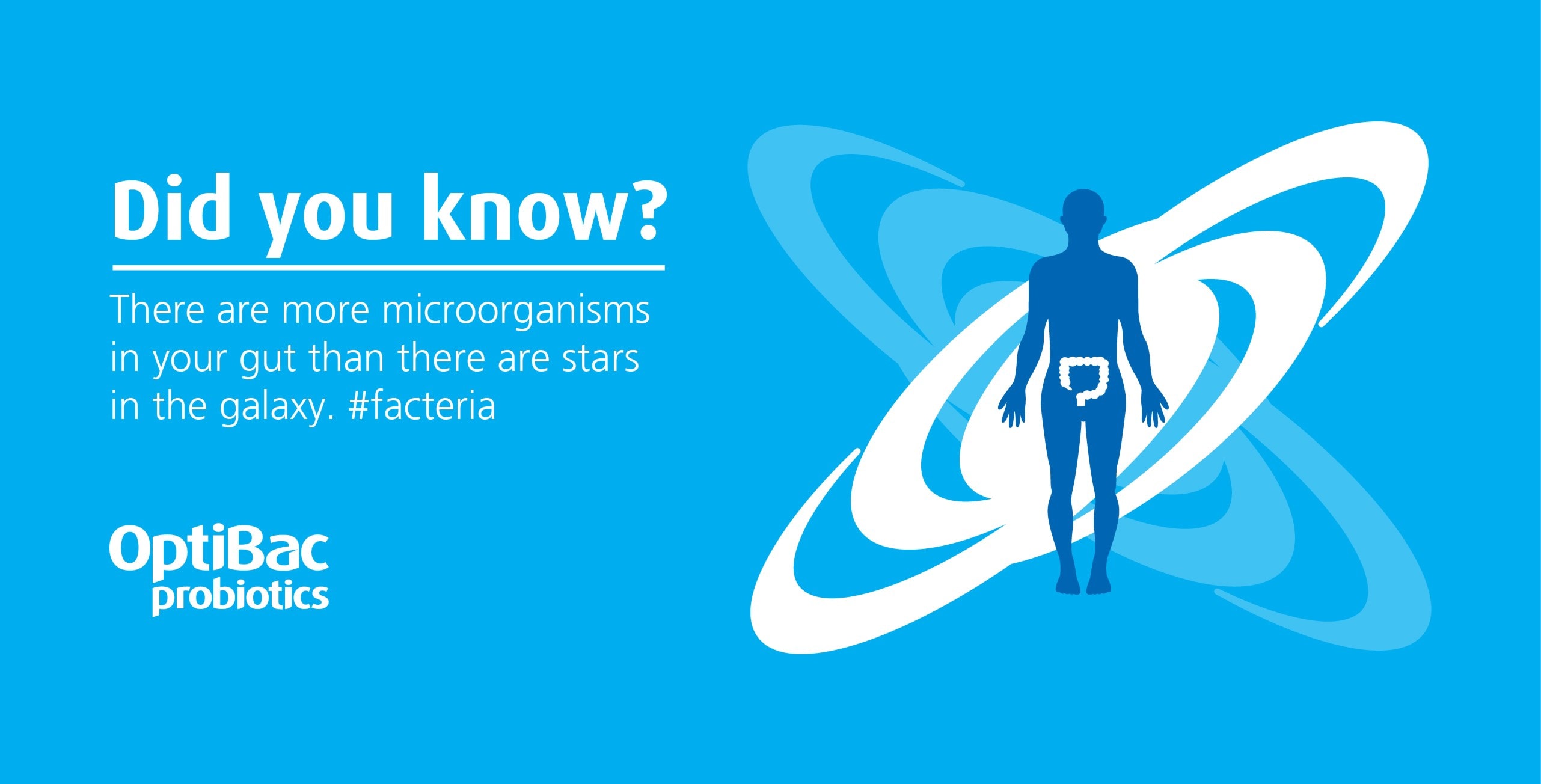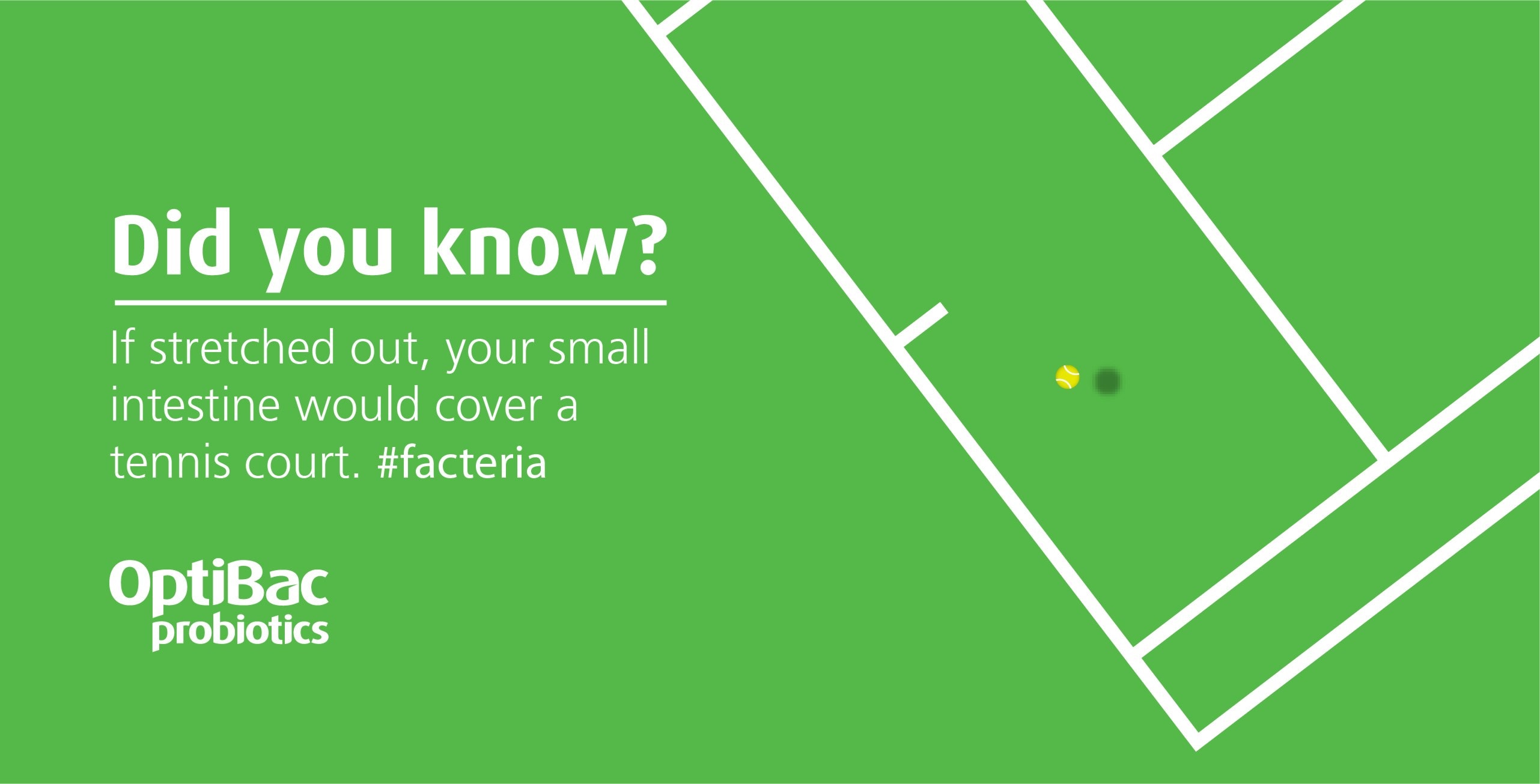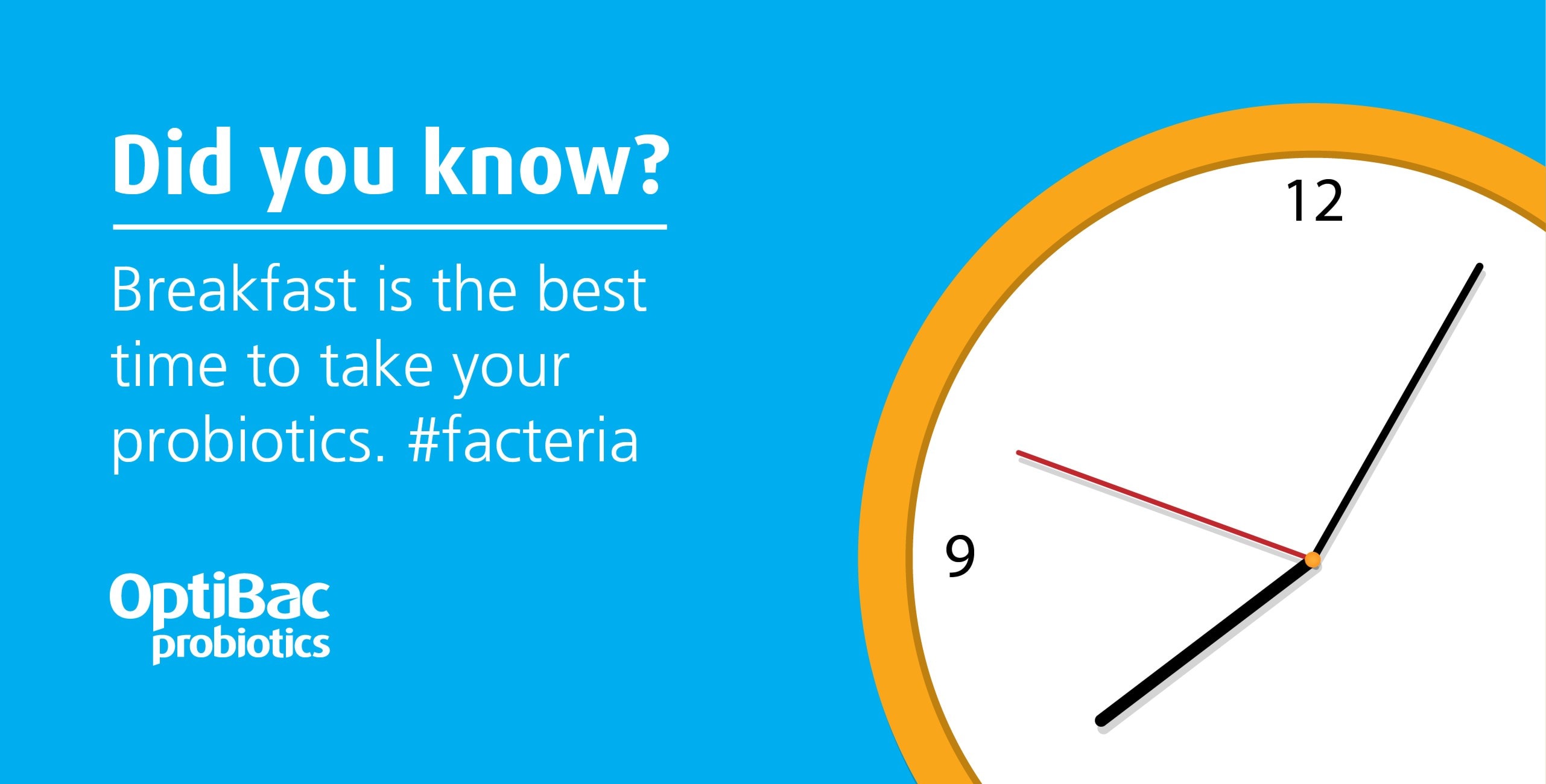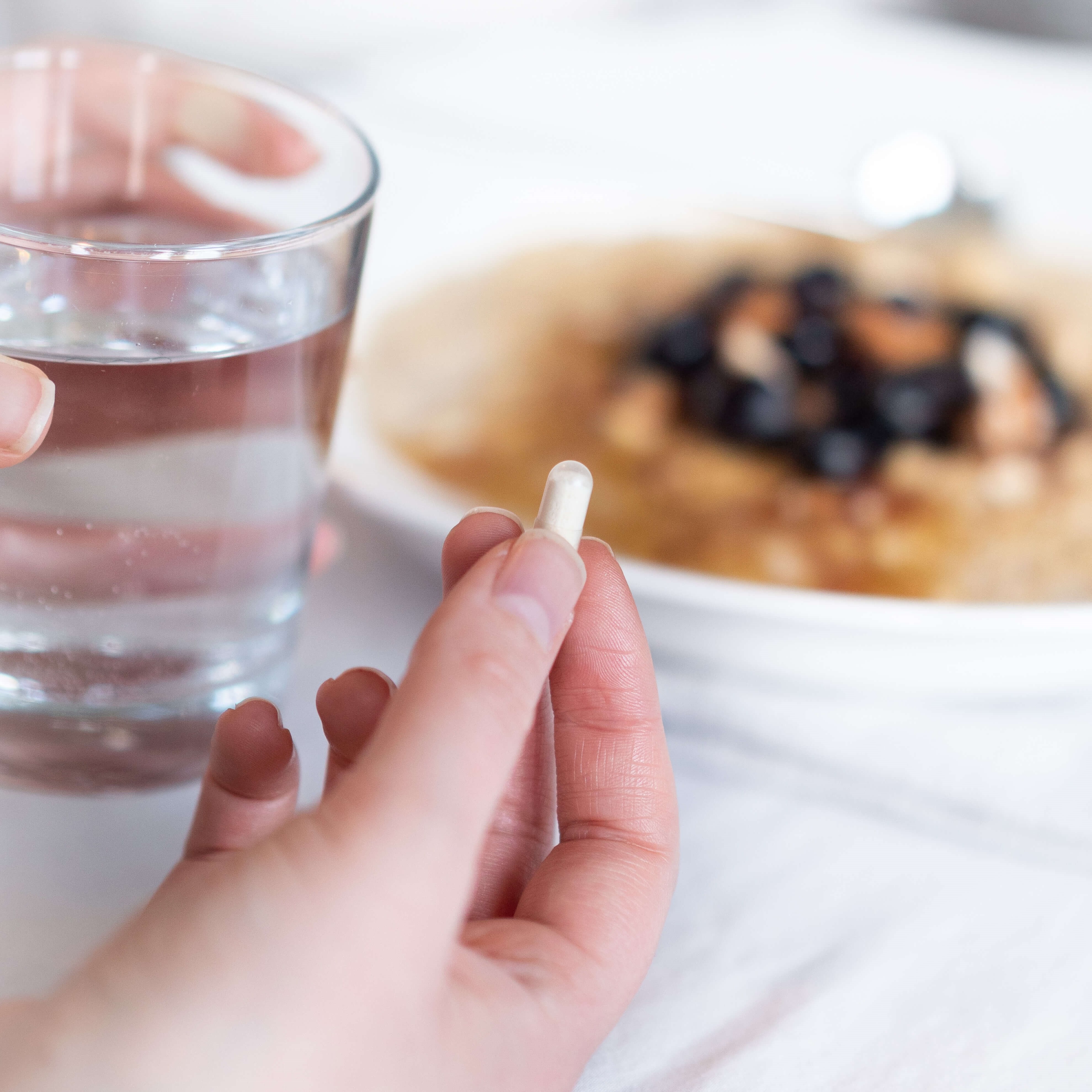Facteria: facts about bacteria
We think bacteria are some of the coolest living things on the planet. We've put together a collection of facts about (or relating to) bacteria, that we find absolutely fascinating and can't resist sharing with you. We coined the term facteria for the very purpose of sharing bacteria related facts on twitter some years ago now and it's become quite popular with our followers. We've put together a few of our favourites in this blog post, we hope you enjoy!
The success of microorganisms
Microorganisms are the most widely distributed and successful group of living organisms on the planet. They are found in almost every habitat on the planet, including some of the more extreme corners of the earth such as the poles and even the deepest recesses of the ocean. There are even a group of microorganisms known as "extremophiles" which have been found living in habitats thought to be completely inhospitable to all life.

The gut microbial ecosystem
Look more closer to home though, for example your own body, and you'll find another staggeringly vast microbial ecosystem. In fact, in your gut alone there are more microorganisms than there are stars in the galaxy.1

The human gut is an almost perfect habitat for microorganisms to thrive in. Scientists estimate that the bacteria in our gut accounts for approximately 1.5 kg of an average adult's total weight. A lot of this bacteria can be found in the small and large intestine. To learn more, read our article 10 interesting facts about your gut.

Every part of our body is a unique ecosystem for microorganisms to thrive in, and scientists are dedicating more and more time to studying what they have defined as the human microbiome - the collective community of microorganisms we share our body with. In fact, what they have found is that bacterial cells in and on the human body outnumber our own human cells by an incredible 10 to 1*. We are literally a walking, talking habitat for bacteria.2 Learn more by reading our article on the gut microbiome - all you need to know.
Live culture supplements
If you're taking a probiotic supplement, it can make a difference what time you take it, too.

We hope you enjoyed this little collection of facteria! Please feel free to share the images above, but please link back to us if you do.
Enjoyed this? You may also like to read:
Probiotics for animals and farming: a trend on the rise?
Are all types (strains) of friendly bacteria the same?
*update January 2016: this fact has recently been questioned by another study. To learn more, read Are the bacteria cells in your body fewer than once thought?
References
- Nature 464, 59 (2010) A human gut microbial gene catalogue.
- Teagasc. A galaxy within us: Our gut microbiota and how it can be programmed by food. ScienceDaily. 1 November 2013
Popular Articles
View all Probiotics articles-
Probiotics17 Dec 2024
-
Prebiotics06 Nov 2023
-
Probiotics24 Oct 2023


